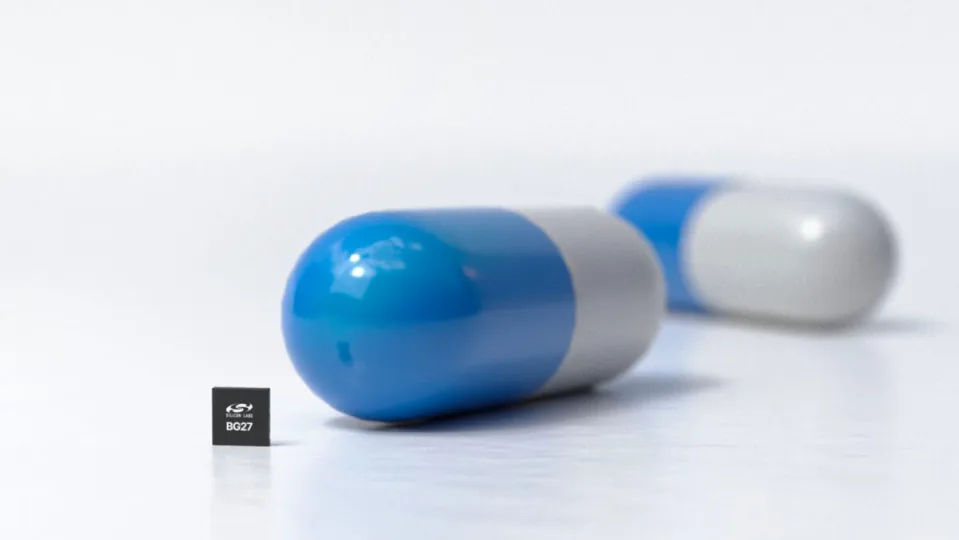The technological titans have a challenge on the horizon that they have been trying to achieve for years: to make their devices as small as possible. The idea is to create ever smaller and smaller electronic devices, so that most processes are optimized. However, this usually results in battery life being reduced as well, so it’s a long-term battle.
Silicon Labs hopes, with its new xG27 chipset, to change this trend forever. The company hopes that its next device will be small enough and powerful enough to carry out large medical processes that, until now, were not possible.
:format(webp)/cdn.vox-cdn.com/uploads/chorus_asset/file/24504998/xG27_radio_board__3K_w_Pencil_.jpg)
How can medical technology change this chip?
The first use they want to make of the chip comes from Lura Health, and is a saliva reader so small that it can be mounted in a human tooth. The features of the chip, which is just 2 to 5 millimeters in size, are powerful enough to be used for medical tasks such as this.
According to Lura Health, the sensor is small enough to be glued onto a molar, or placed inside a “smart retainer,” and can be used to continuously monitor the patient’s saliva. This would allow dentists to painlessly test for more than 1,000 possible infections and diseases.
The company says they are finishing the clinical trials to test this sensor, and are ready to prepare for the regulatory process required by the FDA (Food and Drug Administration). If all goes according to plan, it could be in use within 12 to 18 months.
But these chips can help with much more. Another use they cite is as portable continuous glucose monitors, something that can help patients suffering from blood sugar problems. Undoubtedly, it could be a major revolution in medical technology.


